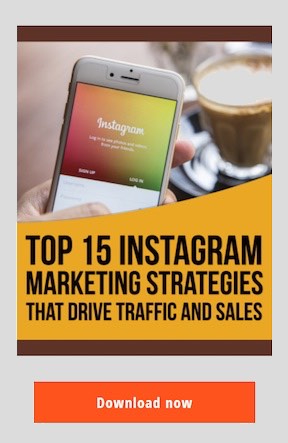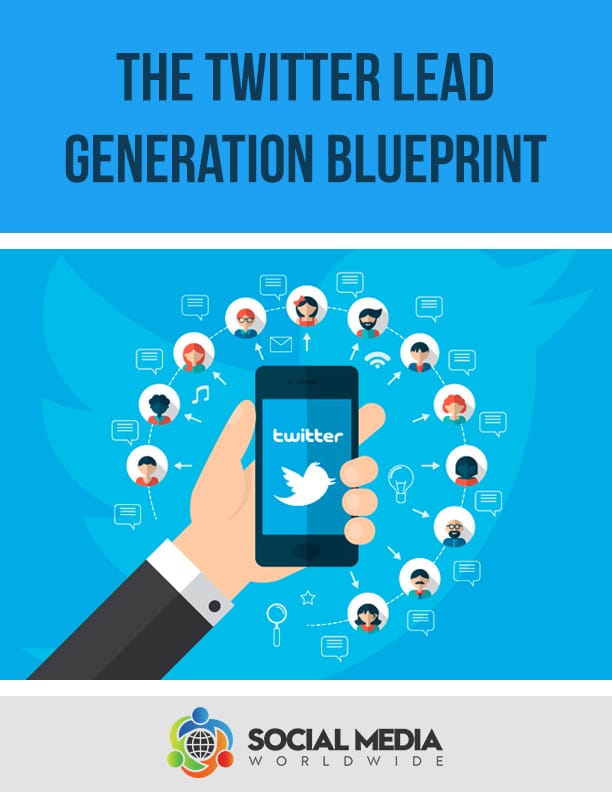The digital revolution has significantly altered the landscape of B2B marketing, especially for industrial companies. In this highly competitive arena, more than traditional marketing methods is required. The strategic application of industrial B2B marketing tips is crucial for companies seeking to improve their market presence and drive business growth. This guide offers an in-depth exploration of effective B2B marketing strategies tailored specifically for the industrial sector. Covering aspects from digital marketing to customer experience, it aims to equip industrial companies with the knowledge and tools to navigate the digital marketplace successfully, ensuring they reach and resonate with their target business clientele through carefully crafted marketing strategies.
Expanding Your Online Presence
In the digital era, an online presence is more than just a digital brochure; it’s a vital platform for engagement, lead generation, and brand building. For industrial companies, digital marketing extends across several channels or platforms. Beyond the basics, incorporating video marketing and podcasts can significantly enhance online visibility, catering to the diverse preferences of potential clients. A crucial point here is the integration of marketing automation tools, which can streamline campaign management, personalize communications, and track engagement metrics, allowing for more efficient and effective marketing efforts.
Establishing Industry Authority
Effective content marketing moves beyond promotional messages, offering real value to its audience through educational and informative content. For industrial companies, this involves delving into technical topics, industry innovations, and case studies that showcase the company’s expertise and solutions. An advanced strategy within content marketing is the development of interactive content, such as configurators and calculators, which informs and engages potential clients by providing them with tailored solutions or insights. Such interactive tools can significantly boost engagement, driving deeper connections with the brand.
The Key to Long-term Success
Building relationships in the B2B industrial sector transcends simple networking; it’s about creating partnerships based on trust, reliability, and mutual benefit. Advanced relationship-building strategies include using Customer Relationship Management (CRM) systems to track interactions, preferences, and feedback, allowing for more personalized and meaningful engagements. Creating exclusive forums or advisory boards that include key clients can foster community and collaboration, offering valuable insights into client needs and preferences while strengthening loyalty.
Leveraging Analytics
The power of analytics in B2B marketing lies in its capability to turn data into practical insights. For industrial companies, this means going beyond surface-level metrics to analyze customer behavior patterns, purchase cycles, and content engagement. Predictive analytics can offer foresight into future trends and customer needs, allowing companies to proactively tailor their marketing strategies. Integrating AI and machine learning technologies in analyzing data can uncover hidden opportunities and optimize marketing efforts for better results.
Focusing on Customer Experience
In the B2B industrial sector, customer experience is a critical differentiator. Advanced customer experience strategies involve creating personalized customer journeys based on detailed customer personas and touchpoint mapping. Using AR and VR technologies for product demonstrations or virtual tours can provide immersive experiences that significantly enhance customer engagement and satisfaction. Additionally, prioritizing post-sale support and continuous improvement based on customer feedback ensures lasting relationships and positive brand perception.
Integration of Account-Based Marketing (ABM) Strategies
Account-Based Marketing (ABM) represents a focused approach in B2B marketing, where marketing and sales teams join forces to tailor their efforts toward specific target accounts, treating them as markets of one. For industrial companies, this means identifying high-value clients or prospects and developing personalized marketing campaigns designed to resonate deeply with those accounts’ unique needs, challenges, and opportunities. ABM strategies involve utilizing detailed data analysis to understand the decision-making process within these target companies and crafting customized messages and solutions that address each account’s specific pain points and aspirations.
Integrating ABM into the industrial B2B marketing mix allows for an efficient allocation of resources, focusing efforts on accounts with the highest potential return on investment. It also fosters stronger relationships with key clients by demonstrating a deep knowledge of their business and providing highly relevant and valuable solutions. Furthermore, ABM strategies can enhance the overall effectiveness of marketing campaigns, helping in higher conversion rates, increased customer loyalty, and a greater alignment between marketing and sales objectives.
Importance of Sustainability and Corporate Responsibility in B2B Communications
In today’s market, sustainability and corporate social responsibility (CSR) have become more than just buzzwords—they are critical components of a company’s brand identity and value proposition. For industrial companies in the B2B sector, highlighting initiatives around sustainability, ethical manufacturing practices, and community involvement can significantly impact their market position and appeal to potential clients.
Incorporating sustainability and CSR into B2B marketing communications involves transparently showcasing the company’s efforts to reduce environmental impact, contribute to social causes, and uphold high ethical standards. This could include detailing renewable energy usage, waste reduction measures, community engagement projects, or ethical labor practices. Demonstrating a commitment to these values resonates with the growing number of businesses looking to partner with vendors and suppliers that share their dedication to positively impacting the world.
By emphasizing sustainability and CSR, industrial companies enhance their brand reputation and build deeper connections with clients who value corporate responsibility. This aligns with the evolving expectations of clients, regulators, and the broader community, positioning the company as a leader in its sector for its industrial achievements and its commitment to a better, more sustainable future.
Conclusion
In navigating the complex terrain of B2B marketing for industrial companies, embracing a comprehensive suite of industrial B2B marketing tips and strategies is indispensable. By effectively expanding their online presence, establishing industry authority through content marketing, building meaningful relationships, leveraging in-depth analytics, and focusing on delivering exceptional customer experiences, industrial companies can secure a competitive edge in the B2B marketplace. The future of industrial marketing lies in the strategic integration of technology, personalization, and customer-centric approaches, ensuring that companies not only meet but exceed their clients’ evolving expectations, driving growth and success in the digital age.



Recent Comments